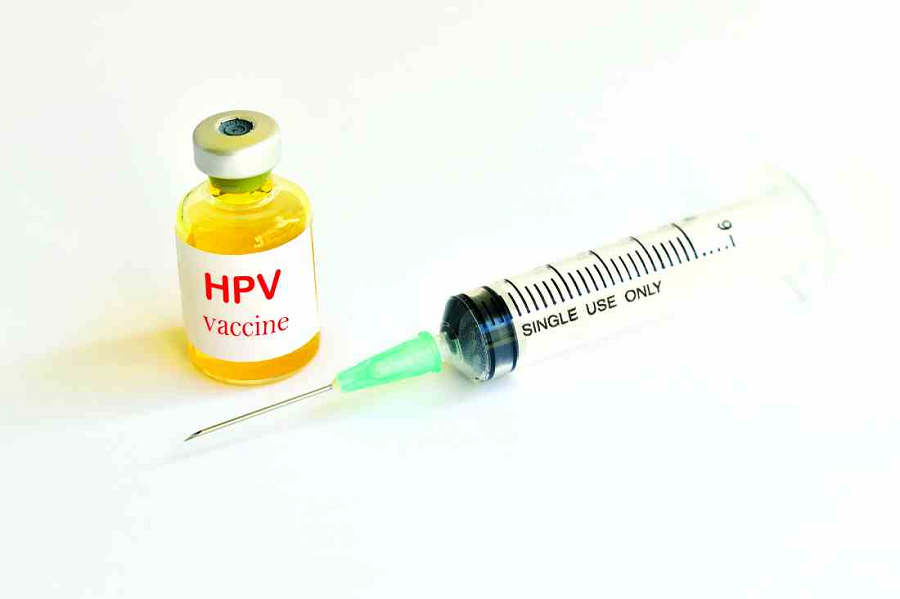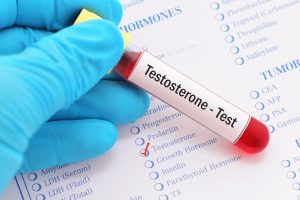
HPV is the most common sexually transmitted infection. The Centers for Disease Control and Prevention estimate that up to 80{e8320b3a48b868d914fa32d2d6dd13b99d3fcdd8bc3f2724f7c5e8c2702076aa} of American men and women will contract HPV during their lives. 79 million Americans are infected with HPV. Here are some facts you need to know about HPV and the HPV vaccine.
How the HPV virus is contracted
The HPV virus is contracted through vaginal, anal, or oral skin-to-skin sexual contact with an infected person. HPV is very common and very easy to get. Anyone who is sexually active can get HPV. HPV often doesn’t have visible symptoms, and infected people often don’t realize that they are infected, making it very difficult to prevent its spread once a person is infected. Infants can also contract HPV during birth, resulting in a genital or respiratory system infection.
Consequences of HPV infection
Often HPV infections clear up without treatment, but there is no cure for the infection. And symptoms may appear years after infection. There are different types of HPV viruses. Infected people are at risk for problems such as genital warts and cancer. Types of cancer linked to HPV include anal cancer, cervical cancer, mouth/throat cancer, penile cancer, vaginal cancer, and vulvar cancer.
HPV causes almost all cervical cancers and 72{e8320b3a48b868d914fa32d2d6dd13b99d3fcdd8bc3f2724f7c5e8c2702076aa} of oral cancers. Parents have worried that vaccinating their children against a sexually transmitted disease at an early age may encourage them to become sexually active at a young age. But research has shown that receiving the vaccine doesn’t encourage preteens and teenagers to have sex at an early age.
Who should get the vaccine
The vaccination is recommended for all boys and girls at age 11 or 12 but it can be given to preteens as young as 9 or teenagers as old as 14. Three doses are required for those who start the series after age 14. People with weakened immune systems may also be recommended to receive three doses.
If given in two doses, the second dose should be given 6-12 months after the first dose for maximum effectiveness. Teenagers and young women can receive HPV vaccination until 27 years of age. Young men can get the vaccine until they are 22. Gay and bisexual men are encouraged to have the vaccination up to age 26. Vaccines provide less benefits for older people.
How well vaccines work
The HPV vaccination is extremely effective at preventing HPV infection. According to the Centers for Disease Control and Prevention, studies have shown it to be almost 100{e8320b3a48b868d914fa32d2d6dd13b99d3fcdd8bc3f2724f7c5e8c2702076aa} effective at preventing precancers.
HPV infections have decreased significantly since the vaccine was first recommended in 2006. Since its introduction, there has been a 64{e8320b3a48b868d914fa32d2d6dd13b99d3fcdd8bc3f2724f7c5e8c2702076aa} decrease in HPV infections in teenagers 14-19. Research has also shown that the incidence of genital warts has decreased since the vaccination came into wide use. In areas where the vaccine has been used widely, the number of cases of precancer of the cervix in women has decreased. The vaccine has been shown to continue to protect against HPV over long periods of time without any decrease in protection.
Possible side effects
- Side effects of the vaccine are usually mild and most commonly include:
- Pain, redness or swelling at the injection site
- Fever
- Headache
- Fatigue
- Nausea
- Muscle or joint pain
HPV-related cancers affect 19,400 women and 12,100 men every year. Giving the HPV vaccine to preteen before they become sexually active is the safest and most effective way to prevent those cancers.

